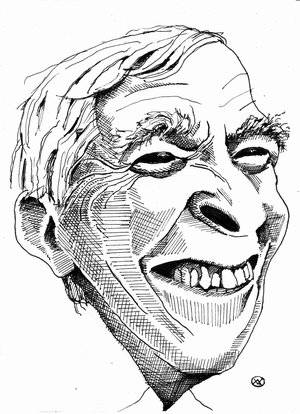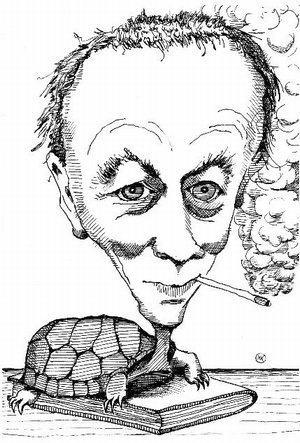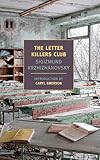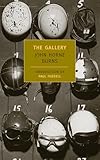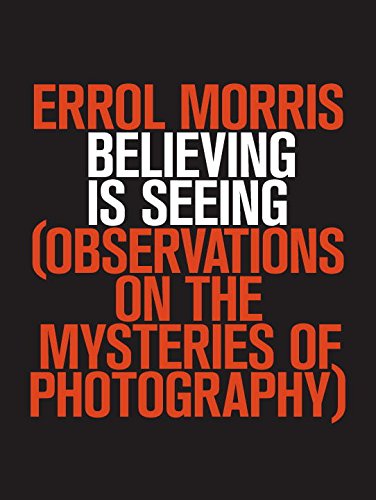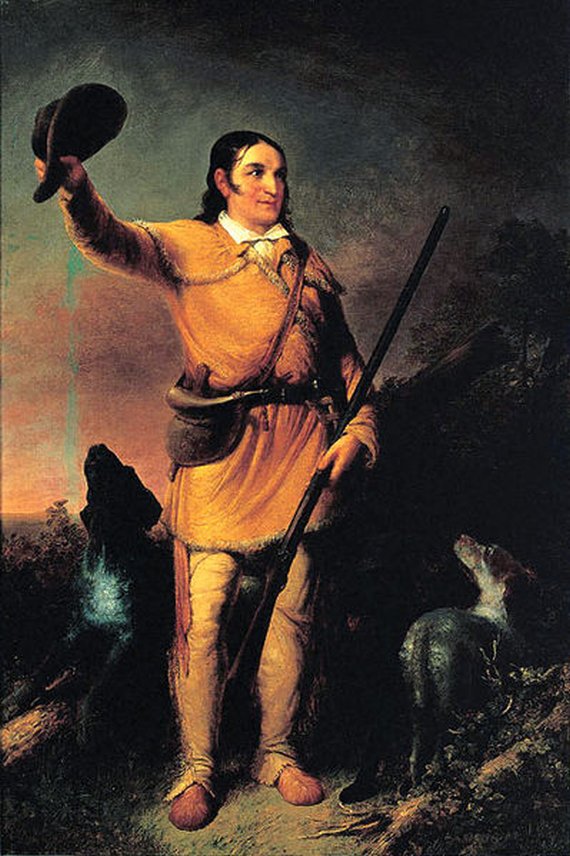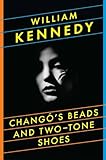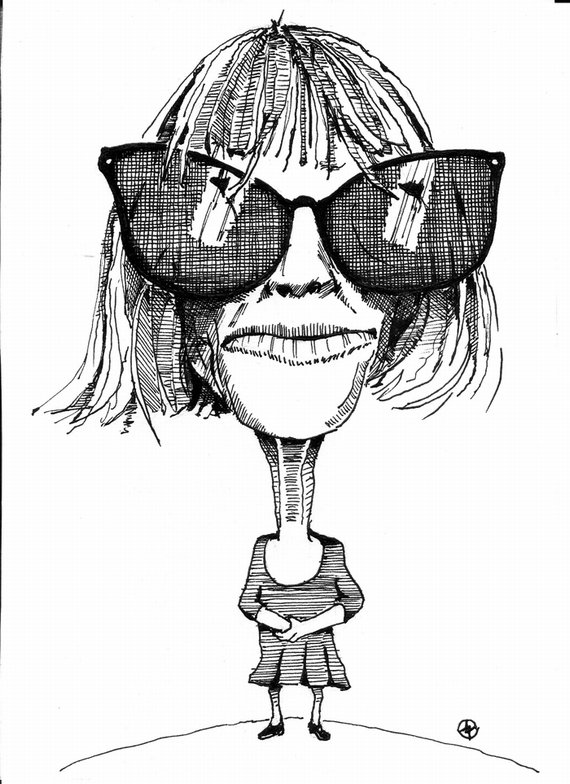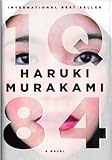
Faith in Appearances: Don DeLillo’s The Angel Esmeralda
His vision spreads outward, encompassing ever more of the nuances and frequencies of an urbanized West that has maxed out on chatter and distraction, gorging itself on anxieties about the vanishing past, the splintering present, and the accelerating emergence of the future. It has to expand like this in order to express the burden of shepherding a lone self through a world of mass-consciousness, ruled by media and money, where terror is the only form of awe that has not been stripped and sold for parts.

